Genetic sequencing and editing, from the realm of science fiction less than a quarter-century ago has turned real with a vengeance, leaving the human race unprepared for its consequences finds out Satyen K. Bordoloi
In the highly underrated 1997 film Gattaca, the protagonist named Vincent Freeman is – ironically – not free. But it is not the social externalities such as the colour of his skin, his station of birth, or his position in class hierarchy that cause him to suffer discrimination, but rather it is his genetic code. In this not-so-distant future, designer babies whose genes are altered before birth to remove diseases and give desirable abilities are preferred over conventionally born children – of whom Vincent happens to be one.
Vincent hides his status as a human born the old way with unedited genes but all someone needs to do to find his truth is steal a strand of hair, saliva or dead skin and run it through a machine that prints out a human’s genetic horoscope in minutes.
25 years ago, science had developed enough to make the film seem within the realm of possibility of a few hundred years into the future. A quarter of a century later, that future has arrived, and humans are quite unprepared for this early arrival.
In the United Kingdom, a National Health Service project was announced a couple of weeks ago to sequence the genome of 2,00,000 new-born babies beginning next year. Recognising that this Whole Genome Sequencing (WSG) program would raise ethical issues, its developers Genomics England – a company owned by the government there – has sought consultation.

The project is an extension of something that already happens in the developed world where newly born are regularly checked for certain diseases and conditions at birth, allowing treatment of issues that if left untreated could cause serious, irreversible harm.
If this is already happening, and the WSG project clearly states the benefits, what could be the problems with what Genomics England is trying to do? Turns out, a lot.
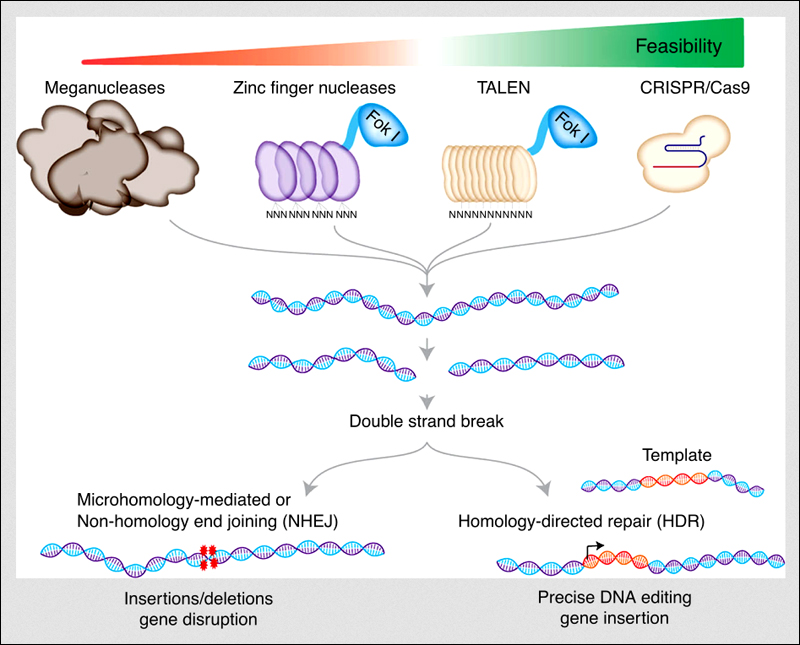
First is the question of obtaining informed consent from patients who may not be aware of the complexities involved with genomic testing. Then there is the question of privacy e.g., lives could be ruined if the knowledge of a person’s probable conditions is made available to say insurance companies. A person diagnosed with a high risk of heart attack at birth, might not get health insurance.
The other question is, who would have the data of all these genomic testing and who would use it? How would parents who know their child’s propensity to a certain disease react to that knowledge? Won’t they behave like the child is too fragile to live fully, thus ruining his childhood forever – something that happens to Vincent in Gattaca? What if the stated danger never materializes e.g., you come to know your daughter is at a 50% risk of heart attack by the age of 25. What if that never happens, after all it was only a 50% probability. Would that girl have lived her life in uncertainty about her future, a sword of Damocles hanging above her head all the time?
And what about diseases for which there are no cures? Would awareness of one’s mortality from the same, help the person in any way or harm her?
There are tough ethical dilemmas, many of which have been beautifully highlighted in Gattaca, most importantly the idea of ‘genetic reductionism’ i.e. the idea that a person is nothing more than her genes. Gattaca is a rebellion against this idea, where Vincent fights the unsurmountable odds against him in bizarre but resolute ways.
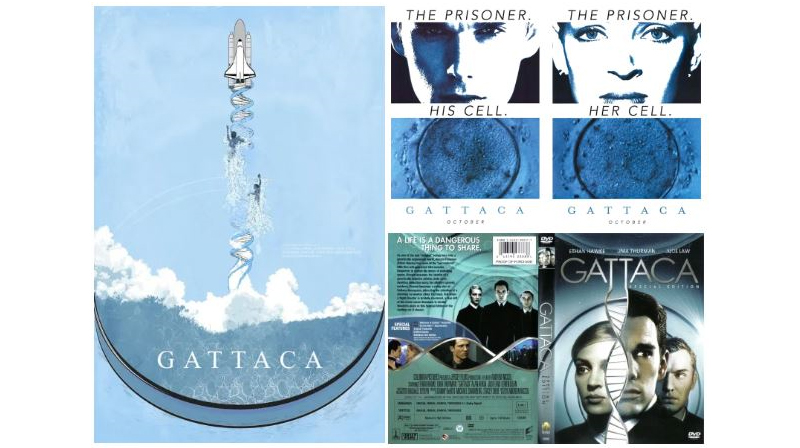
What the film also tackles, is genetic editing for it is a world where almost every child is a designer baby, their genes edited before birth. We already have technologies to do exactly that, CRISPR being the most famous of the lot.
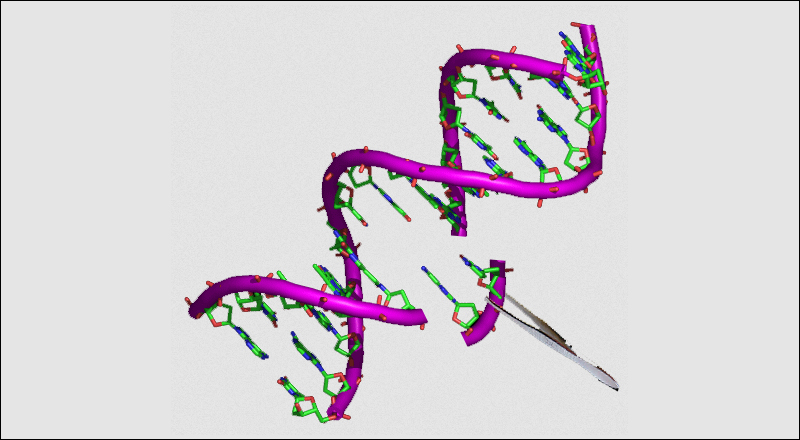
In November 2018, He Jiankui – a Chinese biophysicist – stunned the world when he announced that his team at the Southern University of Science and Technology, Shenzhen had used CRISPR gene editing to edit DNA in human embryos thus creating the world’s first gene-edited babies. He expected to be lauded but the world was so taken aback by the ethical dilemmas of what he had done, that he received almost universal condemnation.
In December 2019, a Chinese court sentenced him to three years in prison for “illegal medical practice”. However, we can be sure that this is not the end of the gene-editing debate and it is but a matter of time before biomedical companies wake up to the enormous market potential for the same.
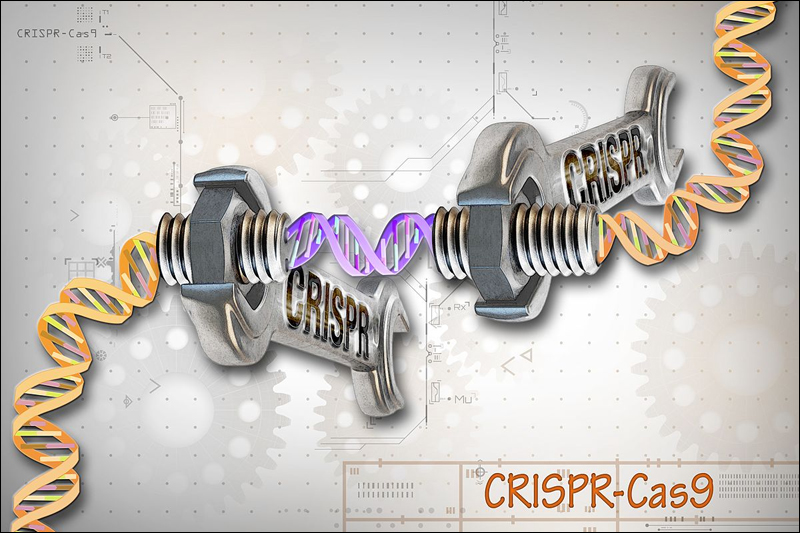
The ability to sequence the whole human genome and CRISPR give godlike power to humans and has made almost everything in Gattaca come to life. And like with a lot of other things out there, this is another case of technology developing faster than our ability to understand its implications.
Then there is also the ability to alter and mix DNA between species. Like countless horror movies, the possibilities of this are endless. A human with bat-like radar sensing capabilities isn’t impossible, neither is a green human with the ability for photosynthesis like trees. Humans with hooves like goats, or claws like cats aren’t impossible either.
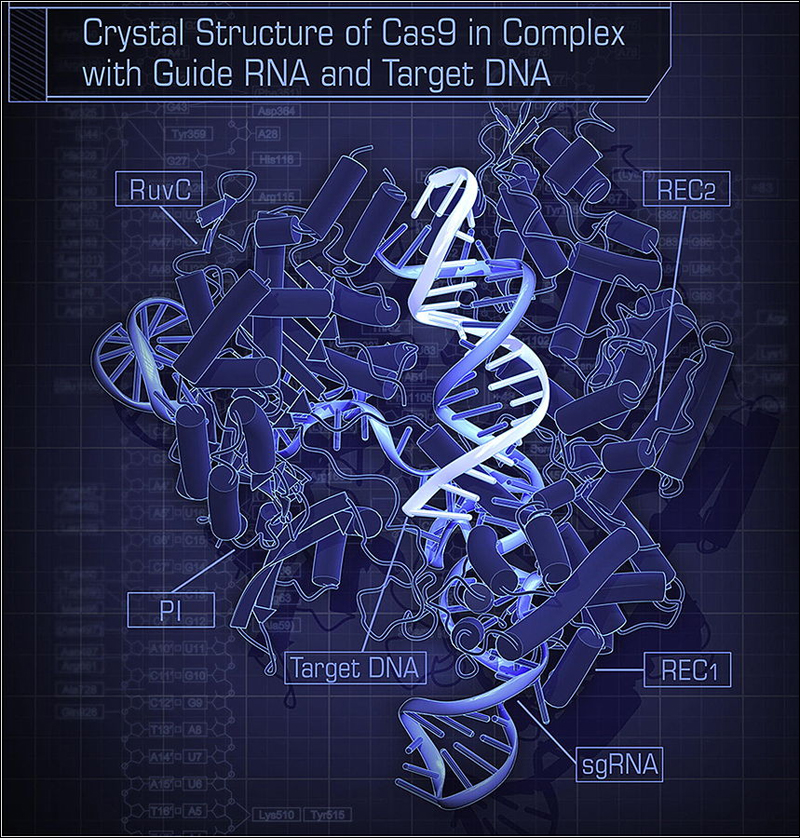
That is the ethical dilemma. Once this starts, there is no end to what can be done by ingenious, imaginative scientists. We run the danger of altering the human DNA permanently i.e. altering humans permanently. It is true that nature also does the same, it edits and mutates genes to make existing species better and stronger. But who would you trust: nature with billions of years of experience, or humans with just a few years worth?
Gattaca offers hope. Vincent, in the film, shows that no matter how better one gets via genetic editing, our actual power comes from our minds, will, and imagination as he beats all odds against him. But can we, as a species, do what Vincent does? It is tough not only because the odds stacked against our race are much higher, but also because the future is already here and we are absolutely and completely, unprepared for it.
In case you missed:
- A Howl Heard Worldwide: Scientific Debate Roars Over an Extinct Wolf’s Return
- How Lionsgate-Runway Deal Will Transform Both Cinema & AI
- Rethinking AI Research: Shifting Focus Towards Human-Level Intelligence
- Bots to Robots: Google’s Quest to Give AI a Body (and Maybe a Sense of Humour)
- Copy Of A Copy: Content Generated By AI, Threat To AI Itself
- Reversing Heart Disease: Next Step in Living 150 Years Achieved in Lab
- A Teen Suicide Spotlights Dangers of Unregulated AI Companions
- How Old Are We: Shocking New Finding Upends History of Our Species
- What are Text-to-Video Models in AI and How They are Changing the World
- AI Adoption is useless if person using it is dumb; productivity doubles for smart humans


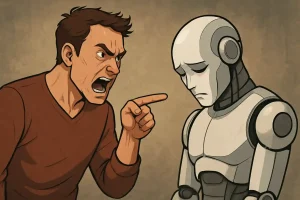
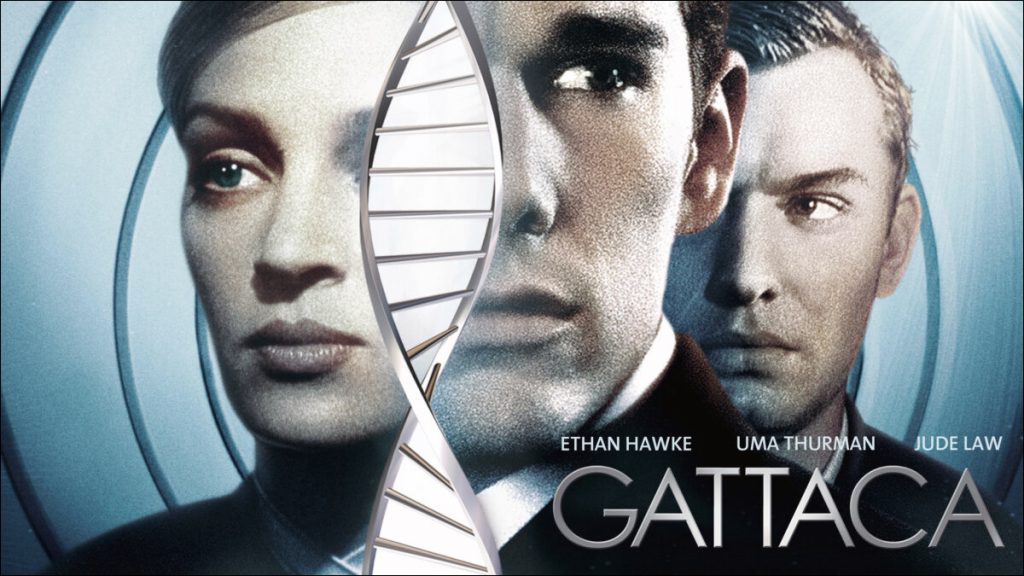
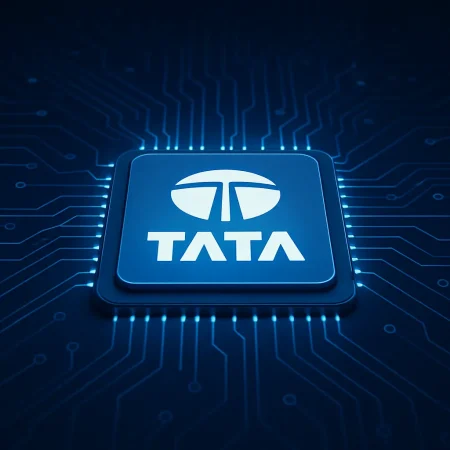
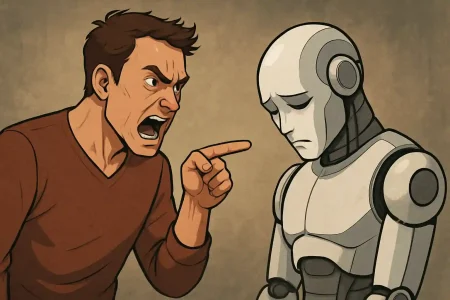
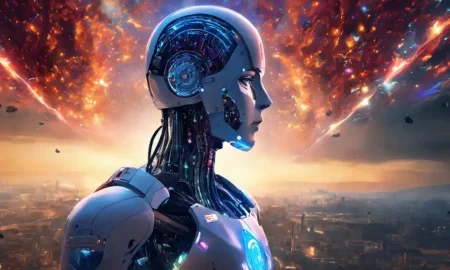

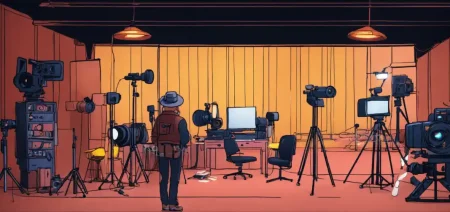
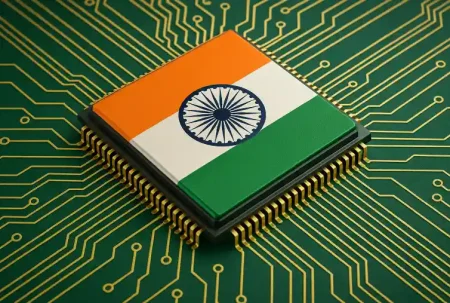
4 Comments
Thank you, I’ve recently been looking for info approximately this
subject for a while and yours is the best I have found out so
far. However, what in regards to the conclusion? Are you positive about the supply?
Thank you.
The future usually end up being much weirder than the predictions of even the best storytellers. So we’ll have to wait and watch how things unfold.
Please let me know if you’re looking for a article author
for your weblog. You have some really great posts and I think I
would be a good asset. If you ever want to take some of the
load off, I’d absolutely love to write some material for your blog in exchange for a link back to
mine. Please shoot me an email if interested.
Kudos!
What’s up to every , for the reason that I am really eager of reading this blog’s
post to be updated daily. It includes pleasant material.